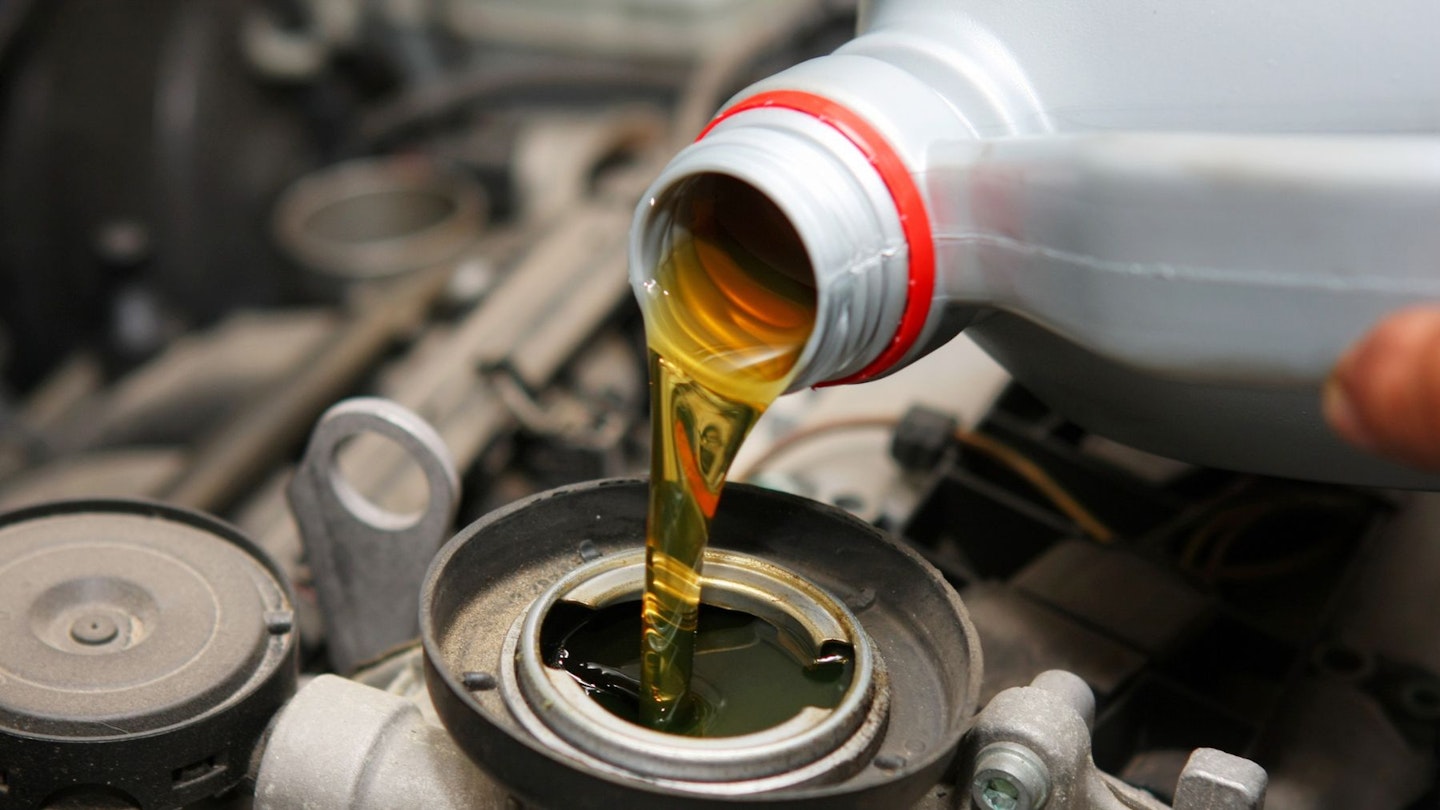You might've heard some noise about synthetic engine oil in car communities. If you're not fully clued up on engine oil, the synthetic stuff can benefit your engine more than conventional oil.
There's a simple reason for why that is. Synthetic oils are made up using a load of additive solutions mixed in with a small amount of base oil. Manufacturers keep the exact formulas and a lot of ingredients quiet in order to protect their brands, but the products themselves are superior to conventional oils.
Whether you use 5W-30 engine oil, 10W-40, and so on, Synthetic oils are always made to the same familiar viscosities as regular ones. You can even get part-synthetic oils which use more of the base oil in the mixing process. These are generally a bit cheaper than full synthetics.
The best synthetic engine oil at a glance:
Editor's pick: Mobil Super 3000 5W-40 - buy from Amazon.
Best 5W-30: Castrol Edge 5W-30 Synthetic - buy from Amazon.
Best for competition engines: Millers Oils CFS 10W-50 - buy from Amazon
But to a lot of people - even if you're a keen car enthusiast - engine oils can be daunting. So, we've made things easier by listing our favourite synthetic engine oils. Choose the right one, and you can potentially prolong the life of your engine and restore a bit of performance. You can even find synthetic 4-stroke engine oils if you're into your bikes.
How to find the right oil for your vehicle
Find the correct synthetic engine oil for your vehicle
 Via Amazon
Via AmazonPros
- Great selection of oils
- Easy to filter in your vehicle
Cons
- Free delivery only with Prime
The best synthetic engine oil
Editor's pick
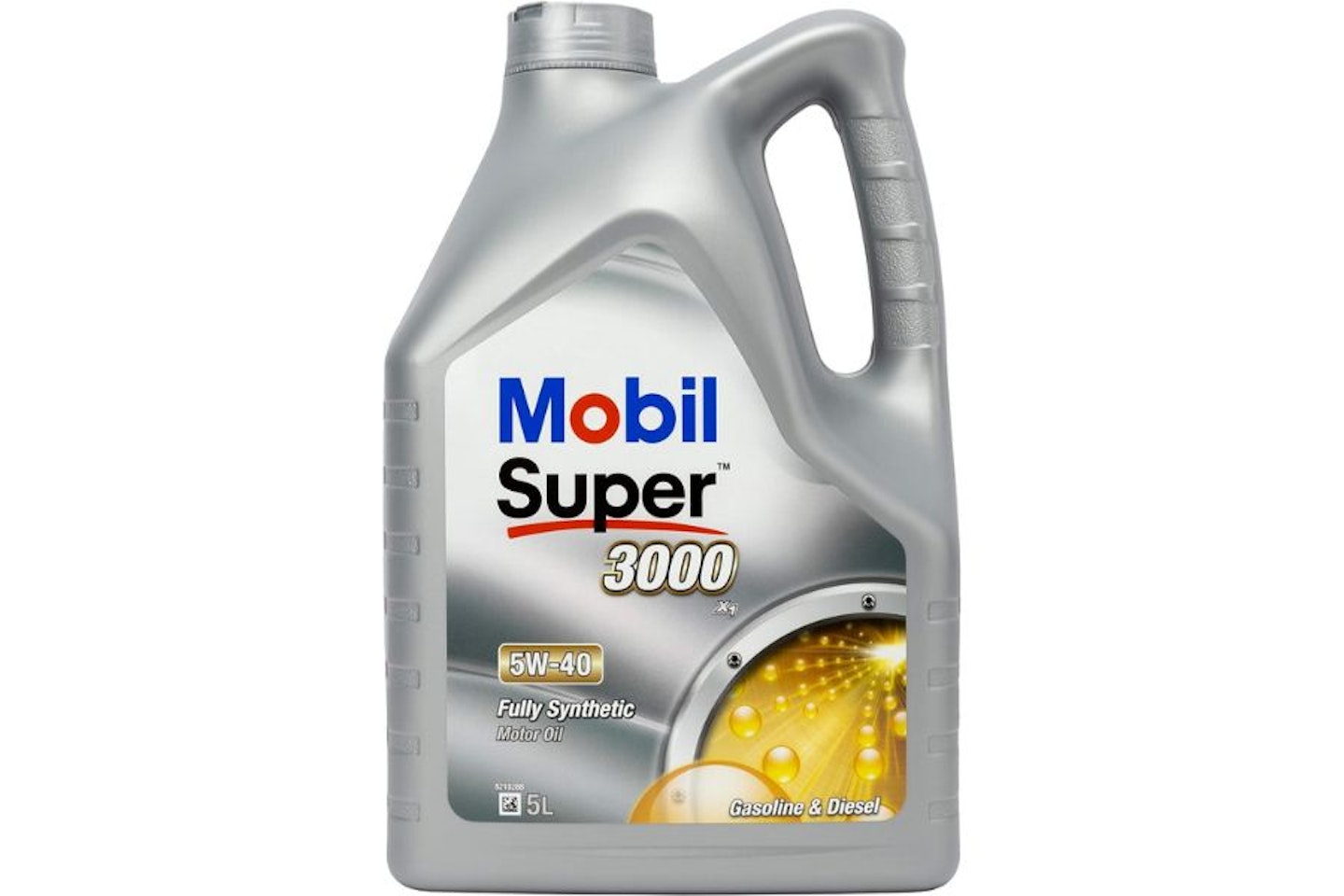 Via Mobil
Via MobilFor viscosity alone, it's hard to beat 5W-40 oils when it comes to most vehicles. Mobil's Super 3000 not only gives your engine better protection at high-temperature operations and cold starts, but it also helps prevent engine sludge.
It's compatible with both petrol and diesel engines, which also makes it very versatile and perfect for most modern engines.
Pros
- Compatible for a wide array of engines
- Offers great hot and cold protection
Cons
- Isn't designed for high performance applications
Best 5W-30 synthetic oil
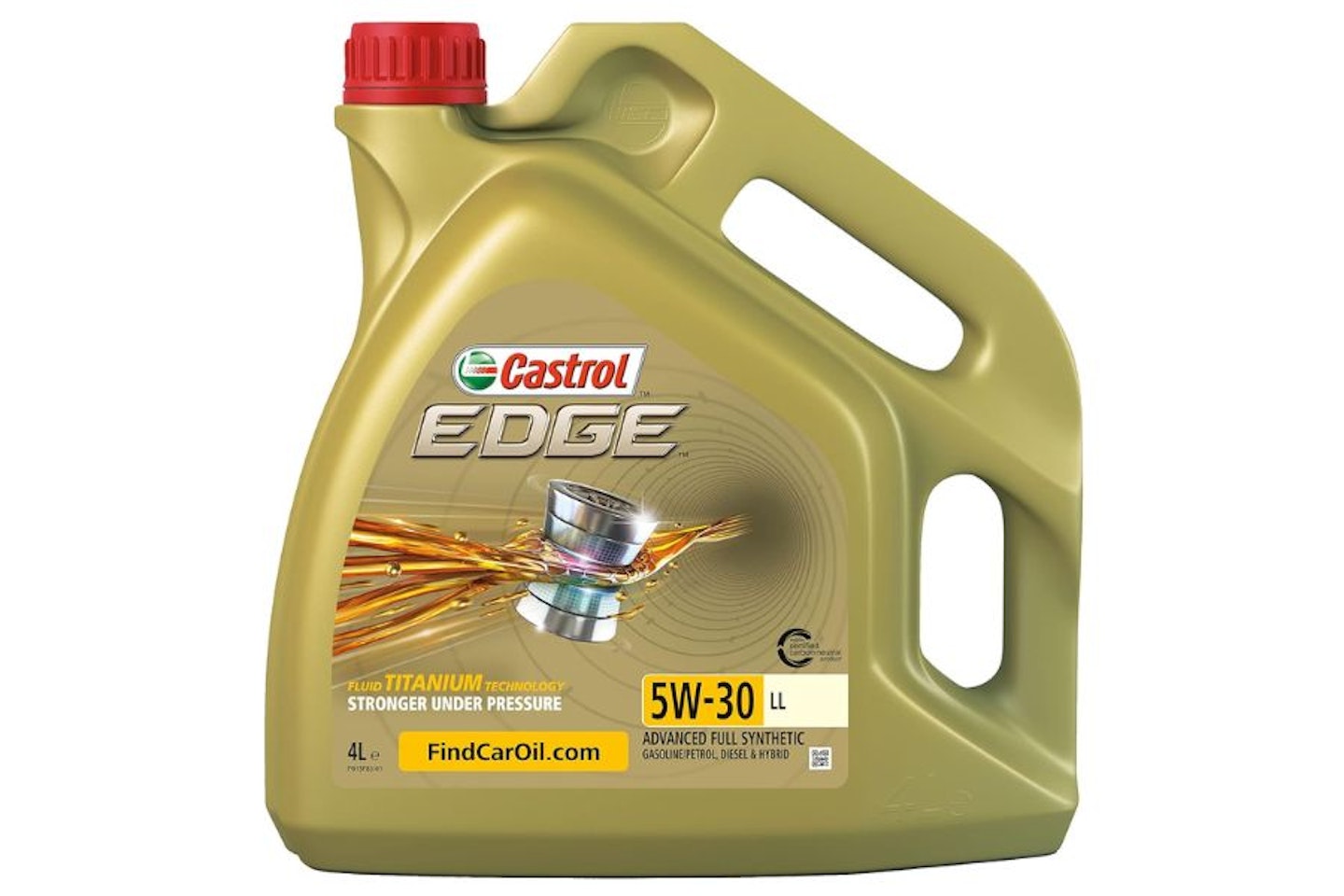 Via Castrol
Via CastrolIf your car runs 5W-30 oil, a bottle of Castrol Edge Fully Synthetic will treat your engine like wonders compared to conventional 5W-30 engine oil.
As well as offering exceptional lubrication, it helps reduce carbon deposits and encourages better cleanliness to your engine's internals. This is where the work of additives in synthetic oil comes in.
Pros
- Helps keep your engine clean as well as lubricated
- Improvement at high and low temperatures
Cons
- Not as great as others at higher temperatures
Best high performance synthetic oil
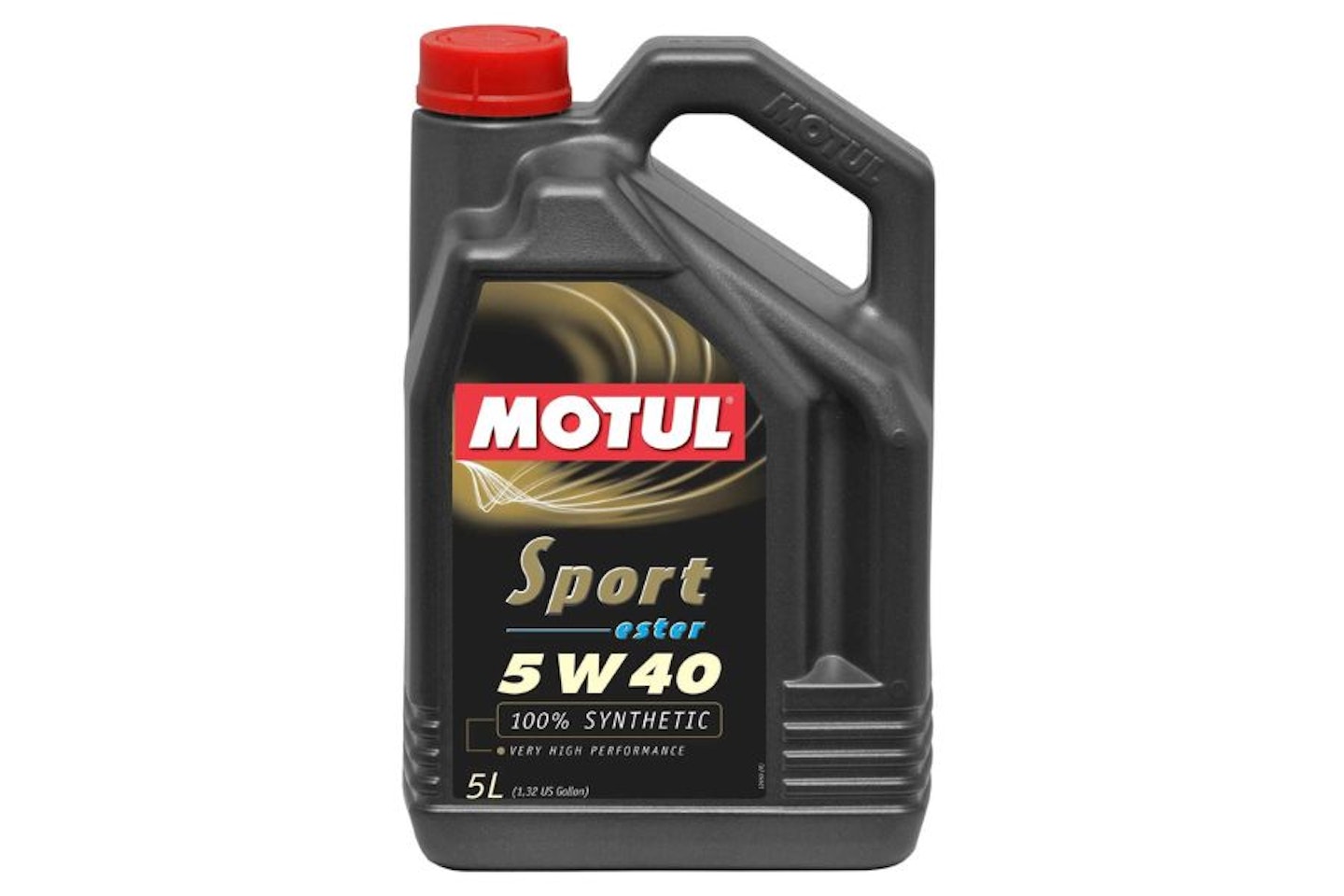 Via Motul
Via Motulwww.demon-tweeks.com
As well as providing a great helping hand to a lot of high performance engines, Motul's 5W-40 synthetic oil also reduces oxidisation and provides ample component protection in hot and cold temperatures.
It's designed for both petrol and diesel engines, regardless of whether it's naturally aspirated, turbocharged, or with multi-valves. But of course, you should always check if your car can take it before buying.
Pros
- Great for high performance engines
- Compatible for loads of engine types
Cons
- Overkill for a supermini
Best for competition engines
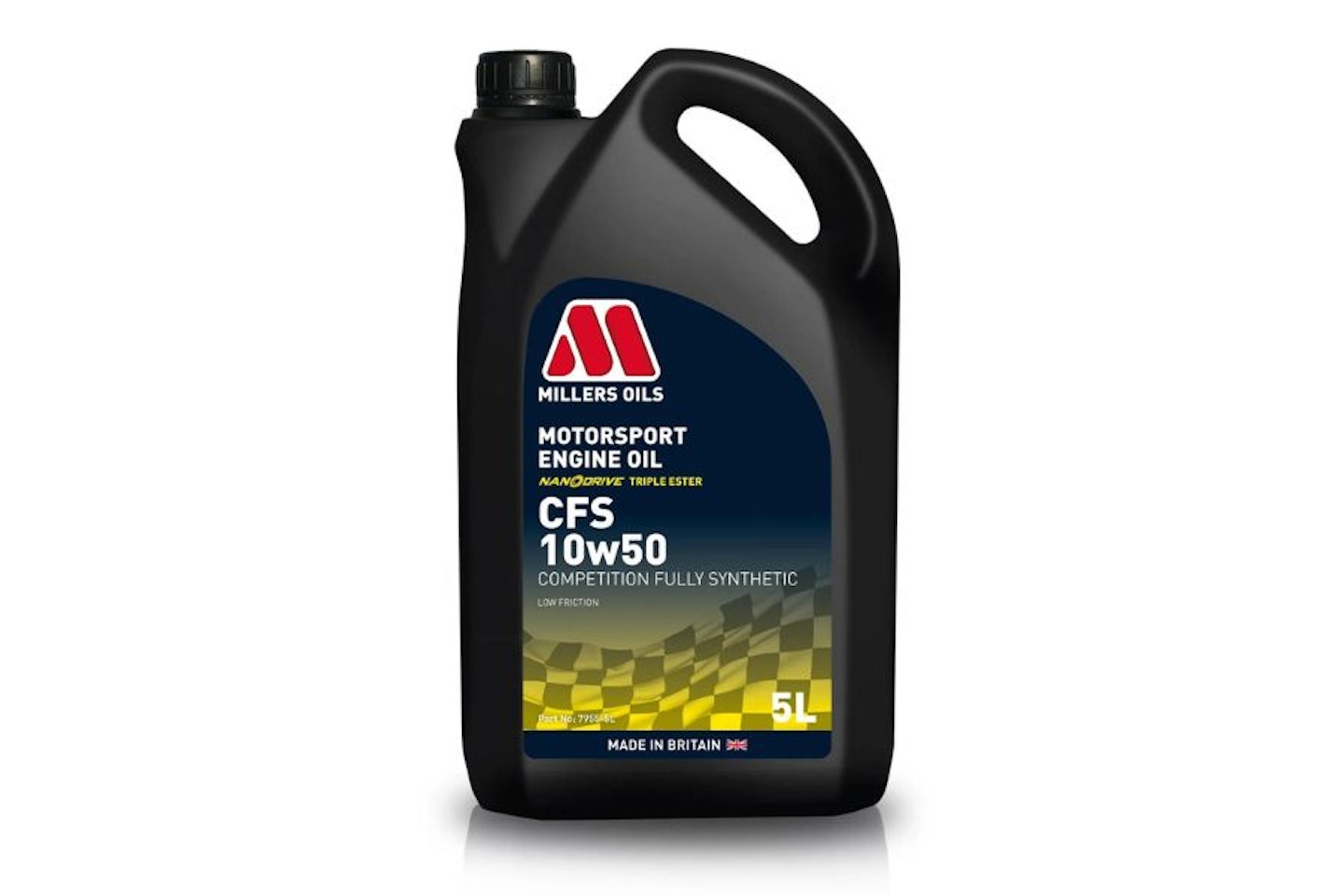 Via Millers Oils
Via Millers OilsFor even higher performance applications, UK-based Millers Oils has you covered. The CFS Nanodrive 10W-50 is primarily designed for competition use, so if you're running a weekend toy with a specialist engine, this could be the oil for you.
It boasts huge thermal stability for higher temperature use and fights against oxidisation. It also has a much higher load carrying capacity than conventional oil as well as the ability to reduce common wear at cold start-ups.
Pros
- Great at protecting a high performance engine
- Reduces more friction than usual synthetic oils
Cons
- A limited amount of cars will take it effectively
Best synthetic oil for racing
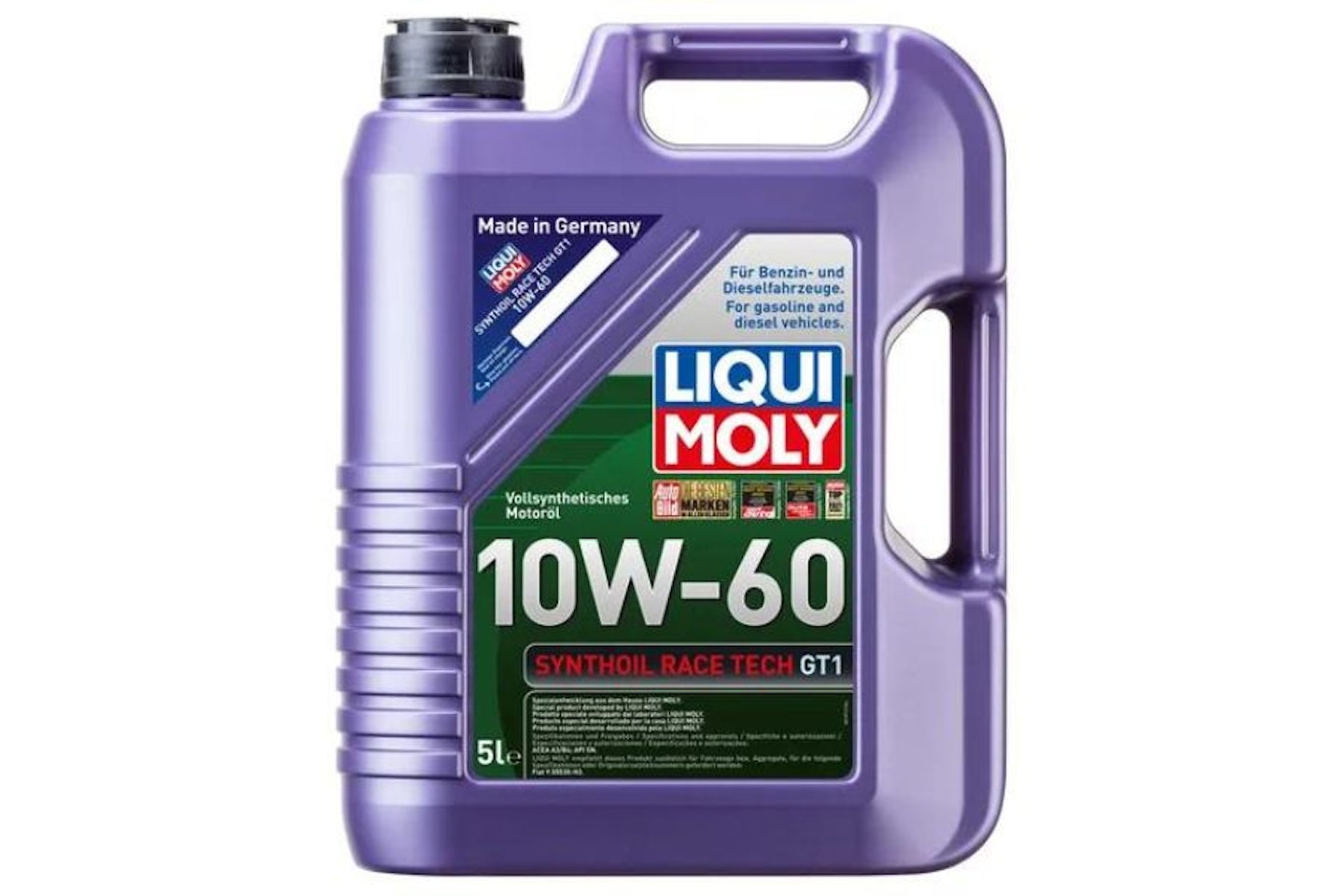 Via Liqui Moly
Via Liqui MolyOkay okay, before we get too carried away with motorsport-developed oils, Liqui Moly's Synthoil GT1 is designed for both petrol and diesel engines and supports the engine mightily in high-performance applications.
Whether it's a spirited drive or flat-out racing, this oil can take it. It provides great, friction-less protection during cold starts and helps to prevent carbon deposit build-up. It does all the good stuff that more 'normal' synthetic oils can do, plus cope with racing conditions.
Pros
- Helps prevent oxidisation, evaporation loss, and wear from cold starts
- Great for maintaining oil flow at very high temperatures
Cons
- Not really designed for most road users
Best for 10W-40 top-ups
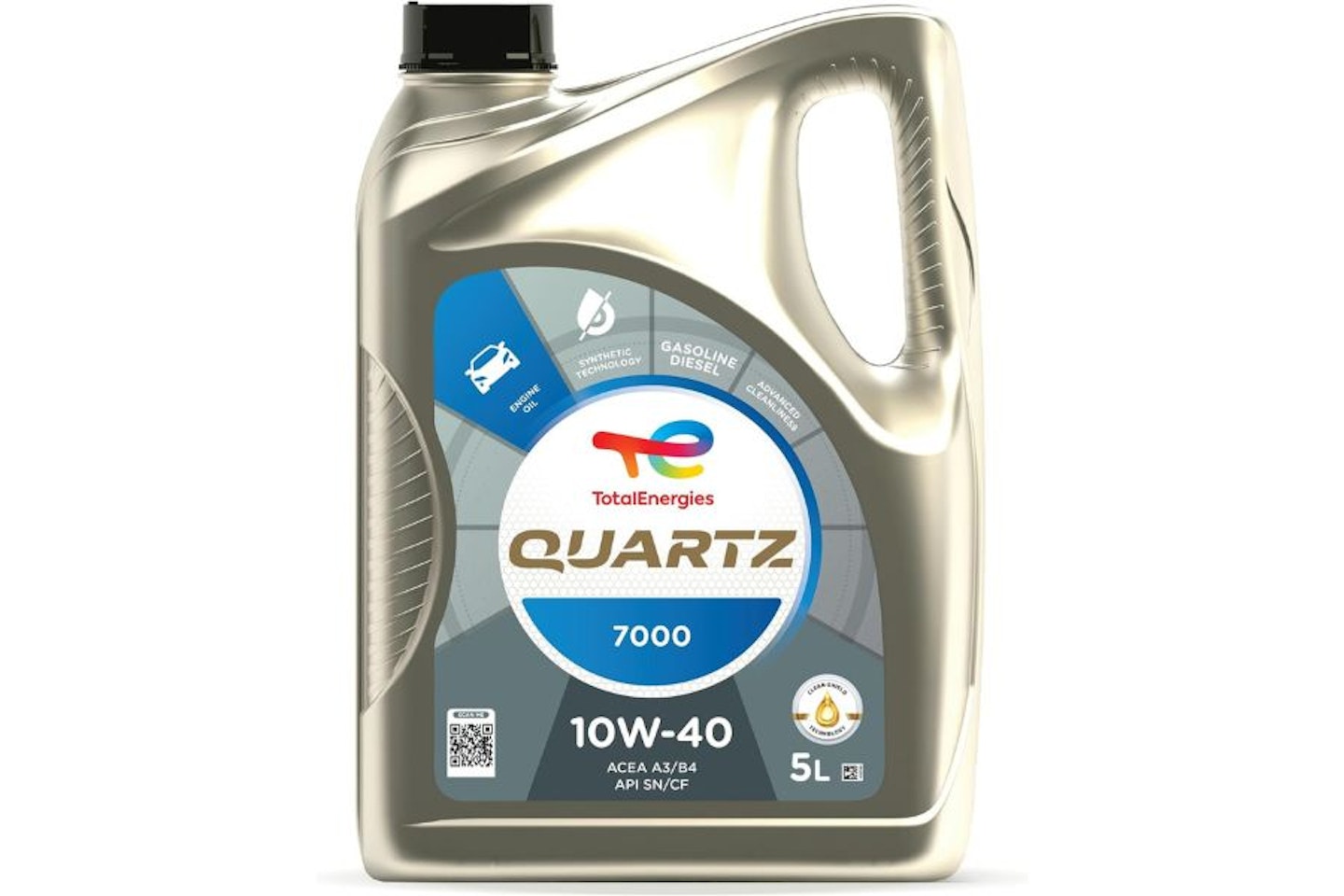 Via Quartz
Via QuartzOn higher mileage vehicles, 10W-40 oil is the go-to engine oil for most applications. It helps if you use synthetic oil as well because the additives within can really help lubricate and even clean up your engine to prevent blockage issues.
The Quartz 7000 is only part-synthetic, but it does represent great value for money and would be of useful help if you need to top up your engine oil (if it's already running 10W-40. It helps to reduce oxidisation, encourage better lubrication upon cold starts, and prevents sludge. You have to bear in mind that with part-synthetics, the extent won't be as great as the full synthetics.
Pros
- Great value for a 5L bottle
- Great for most applications
Cons
- Effects won't be as great as full synthetic oils
Things to remember about synthetic engine oil
In car groups and forums, you may or may not notice that owners of higher mileage cars tend to lean towards synthetic oils. You will be forgiven for thinking that a simple switch in oil viscosity will do the trick. For an ageing engine, it certainly will. But the additives in synthetics do make a difference. It's all related to a useful thing called engine lubrication.
You can get separate engine oil additives to tackle against things like sludge, oxidisation, and component friction. But you have to remember that with synthetic oils, those separate additives may not work as well. Synthetic engine oil does a great job at separating other additives that you might throw in.
With that said though, you may just rely on whatever oil your garage uses when performing an annual service to your vehicle. If it's conventional oil, then those separate additives will work perfectly. If you change the oil yourself, then it's totally your prerogative to go full synthetic.
Aaron Hussain is a commercial content writer at Bauer Media writing for Parkers and CAR. He is obsessed with classic cars and anything with a fascinating story to tell.
